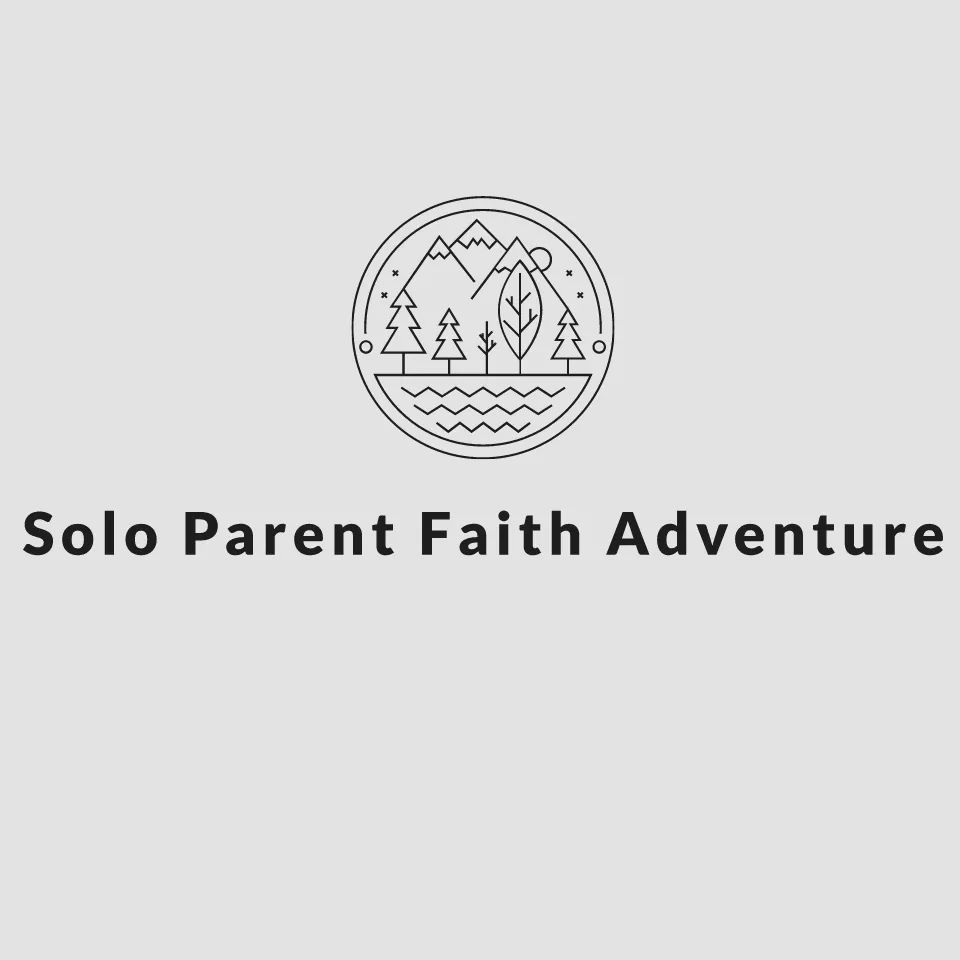Being church in unprecedented times
- Dawn Savidge

- Jun 29, 2020
- 2 min read
Updated: May 22, 2022

When world war came to our shores, we had a lot less ‘stuff’ than we do now. Austerity wasn’t a thing. Homes didn’t own telephones, computers, televisions, games consoles, mobile phones or even inside toilets. We often didn’t have one car per family, let alone one car per person over the age of 17. People shared the little that they had with those in need and weren’t on the lookout for just themselves.
In the past few weeks we have seen supermarket shelves decimated of store cupboard items as people stock pile goods at home. The shelves in food banks have been left lying empty as people chose to look after themselves first, leaving those in need more vulnerable than they already are. Other countries have decided which patients suffering from Covid-19 get treatment according to their age. We have become a society of self-selection.
These unprecedented times have forced the church to radically think about what it means to be church in the 21st century. For too long, churches have been focussing on Sunday worship despite what modern society has been saying. Churches have been blaming the fall in families worshipping on a Sunday to the call of sport. But has it actually been that or have we just forgotten how to connect with families?
My social media has been full to the brim of Christians trying to create resources in order to allow families to continue worship at home, on a Sunday. Some of these have been good in understanding where families are; some have been awful. What we need is for church leadership to really look at what it means to be family in this day and age. Walk alongside different families with different makeups. Reimagine what church means to family and what it means to really become a whole church family that is truly intergenerational.
I’ll just leave you with this lovely poem from Kitty O’Meara. What if we did this as an individual, a family, a community, a church?
“And the people stayed home and read books, and listened, and rested, and exercised, and made art, and played games, and learned new ways of being, and were still, and listened more deeply. Some meditated, some prayed, some danced. Some met their shadows. And the people began to think differently.
“And the people healed. And, in the absence of people living in ignorant, dangerous, mindless and heartless ways, the earth began to heal.
“And when the danger passed, and the people joined together again, they grieved their losses, and made new choices, and dreamed new images, and created new ways to live and heal the earth fully, as they had been healed.”





.png)



Comments